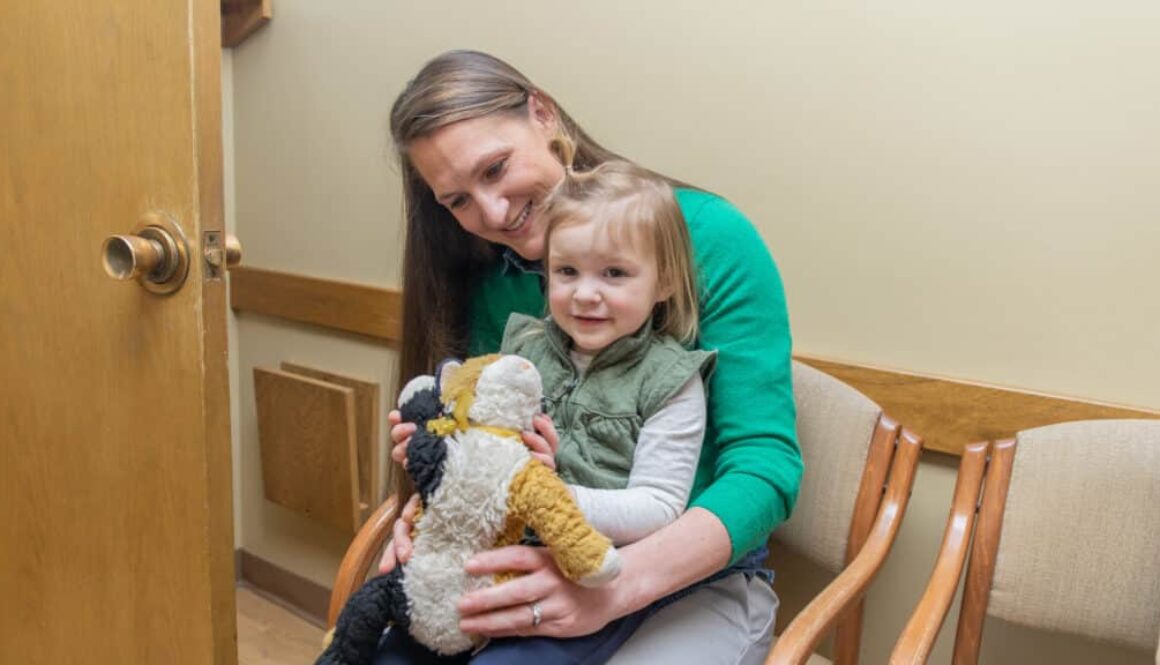How To Help Your Kids Develop Healthy Habits
As a parent, one of the most important responsibilities you have is to help your kids develop healthy habits. Habits are a powerful force in our lives, and the habits we learn as children often stick with us well into adulthood. Studies show that when poor, unhealthy lifestyle habits passed on from generation to generation are adopted, it places children aged 2 through 18 at risk of obesity and chronic diseases later in life, such as heart disease and type 2 diabetes.
By helping your kids with positive, regular habits now, you can foster a lifetime of good health. Here are some tips to get started:
1. Role Model Healthy Choices
Kids learn from watching their parents. If you want your children to make healthy choices, you have to lead by example and make them yourself. Choose fresh fruit and vegetables for snacks. Drink only water or unsweetened drinks. Limit candy and highly processed foods. Children will imitate what works for the adults they love and respect.
2. Start With Mealtime
Make it a priority to sit down together for healthy meals with lots of produce and lean proteins. Additional studies show that families who eat together regularly tend to have healthier diets overall. Sitting together for meals also provides an opportunity for important conversation and bonding. Plus, it’s not only about teaching your kids good habits but a chance for adults to reconnect with healthy eating patterns that may have fallen by the wayside.
3. Cook Together in the Kitchen
Teach your children basic cooking skills and involve them in meal planning and preparation. It’s an important step in teaching your kids the basics of nutrition, such as the importance of eating a variety of fruits and vegetables, and the dangers of consuming too much sugar and processed foods. Not only will they learn valuable life skills, but they’ll also gain exposure to new foods they may be hesitant to try otherwise. Cooking and baking together also provide precious family time.
4. Limit Screen Time
Establish guidelines for how much time your kids are allowed to spend in front of screens, including TVs, tablets and phones. Pediatric experts recommend no more than two hours of recreational screen time per day for children aged 2 to 5. For older kids, aim for no more than four to five hours with built-in screen-free time.
5. Get Active Together
Physical activity is vital for children’s health and development. Make exercise a family affair. Make a game of walks around the neighborhood. Go to the park together. Kick a ball or throw a frisbee. Go on bike rides or take family walks together. For older kids, sign up for sports teams or workout classes together. Shared physical activity time fosters teamwork and connection in addition to health benefits.
6. Prioritize Sleep
Kids need 8 to 14 hours of sleep a night depending on their age. A healthy habit that’s ideal to start at toddler and preschool age, establish consistent bedtimes and avoid devices, snacks and stimulation before bed. Involve your children in setting up a sleep-inducing routine, which may include taking a warm bath, reading and storytime, or listening to calming music. Make sleep a non-negotiable health requirement.
7. Model Self-Care
Show your kids that caring for your health is important by practicing mindfulness, getting check-ups, embracing challenges and taking time for yourself. Encourage your kids to take breaks when they need them and talk openly about their feelings. By teaching your kids how to manage stress effectively, you can help them develop healthy coping mechanisms that will serve them well throughout their lives. Children who see their parents prioritizing self care are more likely to develop the same habits.
8. Celebrate Successes
Whether it’s trying a new healthy food, achieving a fitness goal, or getting a good night’s sleep, be sure to praise your kids for their efforts and successes in making mindful choices. Positive reinforcement can be a powerful motivator, and it can help your kids stay committed to their healthy habits over the long term.
Every Healthy Habit Counts
By modeling healthy habits yourself, making healthy choices available and setting a good example, you help children develop healthy habits at a young age and set the stage for a lifetime of wellbeing.
Follow up on healthy habits at home with regular checkups. Richfield Medical Group offers both pediatric care as well as adult preventive healthcare exams to keep you and your family in top shape — now and all year long.
Contact us to begin scheduling your appointments.




